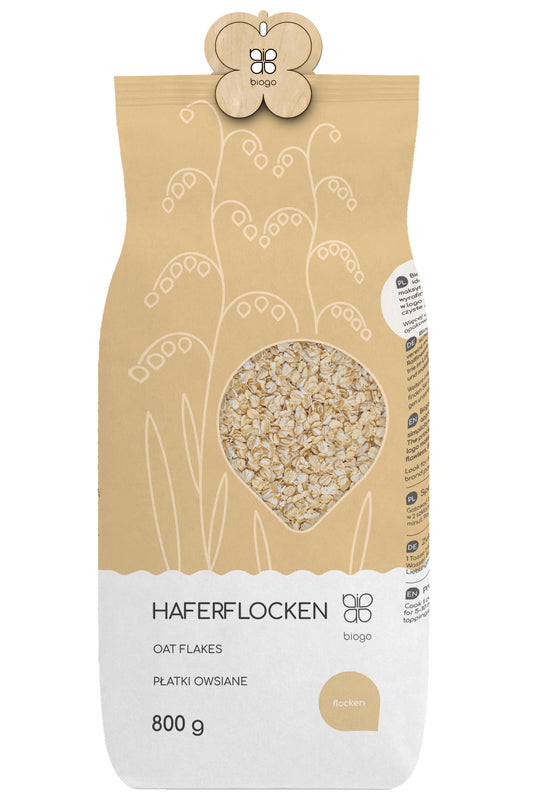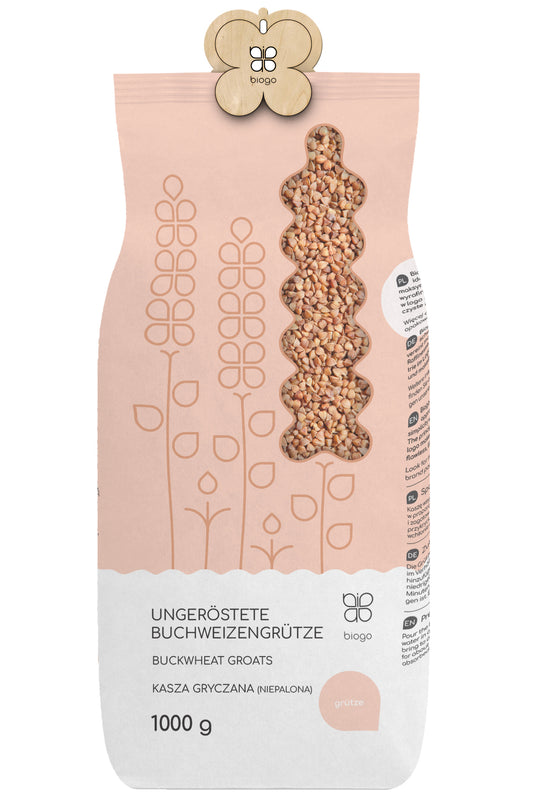CONTENTS
- What characterizes medical foods?
- Department of Medical Food for Special Purposes
- Special diets and special medical foods
- Incomplete medical food
- Who is eligible for foods for special medical purposes?
- Who can use medicinal food?
- Medical foods and dietary supplements – differences
- Summary
Each of us has probably experienced various illnesses in our lives. The most common are colds, flu, or various chronic diseases. Unfortunately, very serious illnesses are becoming increasingly common these days. Numerous studies have confirmed that the cause of death is not always the disease itself, but rather malnutrition of the body, weakened by the fight. Then it is particularly susceptible to various nutritional deficiencies. Another problem can be the inability to eat or simply a lack of motivation. Proper nutrition practically always supports the body in its fight, and it is for this noble purpose that specialized medical nutrition was created.
What characterizes medical foods?
Medical nutrition is nothing more than a variety of preparations ultimately intended for sick or severely nutrient-deficient people. These are cases in which the patient, for various reasons, is unable to fully meet their energy needs. Examples include cancer, diabetes, neurological diseases, and other chronic illnesses. Products of this type are also widely used for patients after operations and during convalescence. The most common form of these preparations is liquid or semi-liquid. This form ensures maximum ease of absorption and assimilation by a weakened body. Interestingly, medical nutrition can be a dietary supplement or even completely meet the patient's needs for all necessary nutrients. Let the statistics show how necessary this type of nutrition is. Among cancer patients with pancreatic cancer, up to 80% are malnourished. In contrast, this percentage is between 60 and 85% for stomach and esophageal cancer.
Department of Medical Food for Special Purposes
Medical foods can be divided into three basic groups:
Standard diets and standard medical nutrition
This is the most common form of medical diets, as well as the supplements themselves. They contain macronutrients and micronutrients necessary for proper functioning. Such supplements include proteins, carbohydrates, fats, vitamins, and minerals in standard amounts. This means they are able to meet the patient's entire nutritional needs without adding any other foods to the diet. A good example is Nutridrinks, which contain all of these elements.
Special diets and special medical foods
Diets and special supplements are similar to standard supplements. This means that they also contain all the necessary nutrients and their use does not require the provision of additional food. An important difference, however, lies in the different proportions of macronutrients and micronutrients in such a supplement. The composition and proportions depend on the patient's condition. A good example is medical foods for diabetics with reduced carbohydrate content or medical foods for cancer patients. In this case, such a product contains significantly more protein than the standard product.
Incomplete medical food
As the name suggests, such preparations are not able to meet the patient's nutritional needs. They are used ad hoc in situations where there is a deficiency of a particular or specific macro- and micronutrient. These can be mixtures of these, but it is also possible to provide only a selected ingredient in this way. An example might be preparations for cancer patients that contain only fats. They are administered to increase the amount of energy delivered in a small volume, which is also important for malnourished patients.
Who is eligible for foods for special medical purposes?
Medical food doesn't really have a specific target audience. It can be used by anyone, but it's no surprise that it's most commonly found in hospitals. Special supplements have been developed for patients who, for various reasons, are unable to meet their energy needs. There can be many reasons for this condition. The location of the tumor, the patient's condition, or the course of treatment itself are just a few. In these cases, malnutrition is very likely. It's extremely dangerous even for a healthy person, so you don't have to wonder what it can mean for someone struggling with various diseases. This condition can significantly delay the patient's recovery, but it can also make a full recovery almost impossible. To cope with the disease, our bodies very often require even more nutrients. The solution is medical foods for special purposes, which allow you to compensate for these deficiencies in a relatively simple way.
Medical foods for special purposes can be successfully used by:
- older people, adults and children
- Patients in recovery and convalescence
- malnourished patients and those at risk of malnutrition
- Patients after surgery, but also before the operation itself
- Patients undergoing chemotherapy and radiotherapy
- Oncology patients
- Neurological patients (after stroke)
- diabetic
- People suffering from kidney disease
- People with taste and smell disorders
- Patients with chewing and swallowing disorders
However, it should be noted that, as with any medical device, such a diet should be followed with consultation with a physician. This is not always necessary and may carry the risk of complications.
Medical foods and dietary supplements – differences
At first glance, some similarities can be seen between medicinal foods and dietary supplements . In both cases, we are dealing with the supplementation of deficiencies in macro- and micronutrients. Furthermore, both medicinal foods and dietary supplements can be added to the daily diet. Apart from that, however, they differ greatly. The composition of medicinal preparations as well as the manufacturing process itself are strictly controlled, which is definitely not the case with dietary supplements. In addition, all ingredients contained in the preparation must be well absorbed and easily processed by our bodies. Their mode of action must also be confirmed by numerous scientific studies and they are thoroughly tested before they reach the patient. When using or purchasing them, we can be sure of high quality.
Summary
Special medical nutrition is beneficial in cases where the patient cannot consume foods of a standard consistency or where adequate calorie intake or a specific nutrient is required. This type of food is not exclusive to medical facilities. Practically anyone can purchase it at a nearby pharmacy. Currently, the availability of this type of preparation is very wide, and it is worthwhile to use it when needed.
THE PUBLISHER'S CHOICE
Dried dates 1 kg BIOGO
- £4.00
£5.00- £4.00
- Unit price
- / per
Peeled sunflower seeds 1 kg BIOGO
- £3.00
£4.00- £3.00
- Unit price
- / per
Dried organic mango 400 g BIOGO
- £10.00
- £10.00
- Unit price
- / per
Dried White Mulberries 500 g ORGANIC
- £6.00
£7.00- £6.00
- Unit price
- / per
Oat flakes 800 g BIOGO
- £3.00
£3.00- £3.00
- Unit price
- / per
Organic Ground Turmeric 500 g BIOGO
- £6.00
- £6.00
- Unit price
- / per
Milk thistle seeds 1 kg BIOGO
- £4.00
- £4.00
- Unit price
- / per
Popcorn (corn kernels) organic 1 kg BIOGO
- £6.00
- £6.00
- Unit price
- / per
Organic cashew nuts 1 kg BIOGO
- £18.00
- £18.00
- Unit price
- / per
Unpeeled buckwheat groats 1 kg BIOGO
- £3.00
£3.00- £3.00
- Unit price
- / per







































































































































